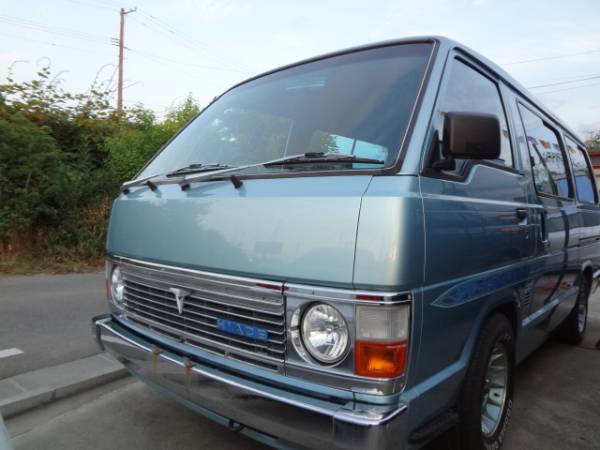
THE imminent return of public transport utility company Zupco, has commuter omnibuses operators in a knot, as some fear that this could spell doom for their businesses.
Report by Gamma Mudarikiri
The government recently announced that it was making plans for the return of Zupco buses on urban routes for the benefit of commuters.
In interviews on Friday, some commuter omnibus operators said the reintroduction of Zupco buses on urban routes will negatively affect their business, as the closure of industries in Bulawayo had significantly reduced the number of people commuting into town for work.
“The industries have closed and this means less business for us, as there are now less people coming into town for work,” one commuter omnibus driver, Bravo Mpofu, said. “If Zupco is coming with buses, where will we go? This means we will also lose our jobs.”
Another operator said the government was supposed to consider them first as stakeholders that have been servicing the public at a time the parastatal was failing to.
“The government should have first consulted us on this issue as stakeholders who have been servicing the public,” Elijah Taurai, a kombi driver, said.
“If they do not consider our plight, where do they think we will go? After all business, as you can see, is very low.”
- Chamisa under fire over US$120K donation
- Mavhunga puts DeMbare into Chibuku quarterfinals
- Pension funds bet on Cabora Bassa oilfields
- Councils defy govt fire tender directive
Keep Reading
Zupco, early this month, announced plans to start servicing its long abandoned urban routes, with some of its buses already plying some Harare routes. This is part of the bus company’s three-year strategic plan to recapitalise, raising fears that commuter omnibuses, like Peugeot station wagons before them, would face extinction.
The government, last year, also announced that it was planning to gradually phase out kombis, replacing them with much bigger buses to reduce congestion in urban centres.
However, some kombi operators said the reintroduction of Zupco to ply urban routes was nothing to worry about, as the bus operator had failed before to run the same business.
They added that members of the public now preferred smaller cars and bringing in buses when kombis were already facing stiff competition from sedans did not make any business sense and as such would not affect their business.
“We are already facing stiff competition from taxis and I don’t think Zupco will survive that competition,” Jabulani Sibanda explained.
“We are not afraid of Zupco coming into the market, as people these days prefer smaller cars, which fill up fast.”
Tshova Mubawai Association secretary, Christopher Mavolwane echoed the same sentiments and said Zupco will find it difficult to stand the competition. He added that the bus company had tried the same move in the past, but failed.
Zupco withdrew its fleet from urban routes at the turn of the millennium, as its fleet size continued to dwindle.
However, Zupco management recently announced that the company had acquired 200 buses, enough to service both rural and urban routes with additional coaches expected in September this year as part of its three-year turnaround strategy.
Zupco’s rebound into urban routes could worsen the plight of commuter omnibus operators, whose business is already under threat from incessant raids and fines by police and council officials, with crews resorting to hide-and-seek games with law enforcement agents to stay afloat.










